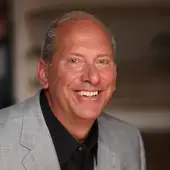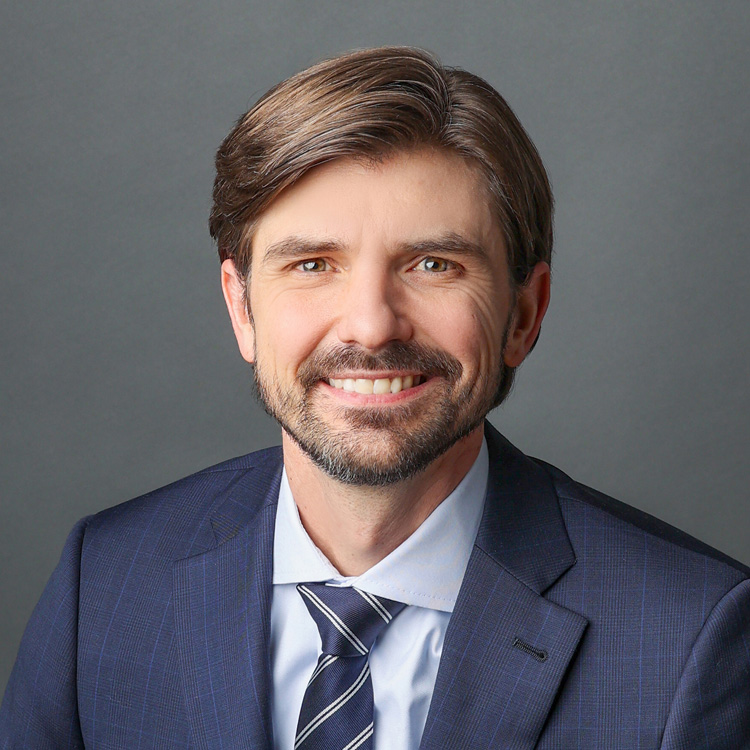In one of our team meetings to discuss what to write about this quarter, someone asked us a provocative question: “What, in your long experience as a financial adviser, is the one thing that keeps most people from achieving lasting wealth?” As is sometimes — not often— the case, Bruce and I diverge in our perspectives. Bruce said it was people getting in their own way when making financial decisions — even when they know rationally that a particular decision is not in their best interest.
Although I think Bruce is spot-on about people sometimes being their own worst enemy when it comes to money, the answer for me was direct and simple: health. Sadly, I’ve seen so many people who spend a lifetime working and saving who are not able to enjoy what they’ve achieved due to poor health. In this article, I’ll explain why I think health is truly wealth, and why it’s so important to take care of our physical well-being along with our finances.
HEALTH IS WEALTH
In our culture, we tend to think of health as one issue and wealth or retirement planning as another. Yet many of us now realize just how closely health and wealth are linked. My experience as an adviser has convinced me that poor financial well-being can lead to poor health, and vice versa.
The fallout from the COVID-19 pandemic caused many individuals to assess their own financial security in the context of physical and mental health. Notably, a 2019 study showed that 4 in 10 retirees retired earlier than they expected, often due to changes in their health or a disability. In fact, health touches every aspect of the financial planning work that our firm does:
Longevity — By 2060, life expectancy for the total U.S. population is projected to increase by about six years, from 79.7 in 2017 to 85.6 in 2060, according to the U.S. Census. Longer estimated lifespans can mean a longer, more meaningful retirement for many, but it will also require a larger amount of savings and investments to fund. And that can be daunting without careful planning, especially in the areas of exploring community-based housing options and support systems, assessing long-term transportation needs, and nurturing relationships that will sustain you into old age.
Expected health care costs — In addition to health insurance premiums, which increase as we get older, many retirees need to account for caregiver costs. In fact, 7 in 10 people will require long-term care in their lifetime. You may be surprised to know that the median cost of a home health aide in the Minneapolis area is $84,656. What if you don’t need medical help in the home? More elderly homeowners are turning to the assistance of a “house manager,” someone who can schedule and supervise home maintenance and repair work. Certain house managers even run errands and handle household bills. The average annual salary of a house manager (also in Minneapolis) is $49,381, according to ZipRecruiter.
Expenditure patterns — Conventional wisdom suggests that you should plan to replace 70% to 80% of your preretirement income once you retire, under the assumption that you’ll spend less. But what really happens is that people in good health tend to spend more — often a lot more — in the first years of retirement, as they travel, take up a hobby, or start a new “lifestyle” business. After that initial spending burst wears off, their spending drops for a decade or two, and then rises again as health expenses increase sharply in later life. But, here again, there are no clear expense patterns, and planning for these dips and spikes is critical. Furthermore, health issues can have significant impact on life goals, with mobility issues upending active lifestyles and travel, heart attacks and strokes changing lives virtually overnight, and Alzheimer’s disease afflicting a greater number of older (and younger Americans) each year.
Social Security benefits commencement — Most people are told to delay taking Social Security as long as possible, as the benefit generally increases about 8% each year past the full retirement age of 66 or 67, depending on your birthday. But this decision needs to be weighed against your health situation. If you have a chronic disease, or longevity doesn’t run in your genes, it makes sense to take your benefit far earlier.
WHAT ARE WE HERE FOR?
This age-old question is often thought to be about making a lot of money and achieving success. But what research is showing us is that having a sense of purpose in life leads to better health and happiness. Sense of purpose is associated with better immune system function, quicker recovery rates from illness or injury, and slower rates of cognitive decline. For this reason, many people approaching retirement age decide to keep working, at least part time or as a volunteer.
Relationships also matter: Social isolation is sometimes associated with high blood pressure, inflammation, and cognitive decline, and is a risk factor for other chronic diseases.
To enjoy financial wellness, health needs to be part of your daily routine. That’s why I think having a daily routine of vigorous exercise, good diet, and developing strong and lasting personal relationships are key to living longer and living better.
The opinions voiced in this material are for general information only and are not intended to provide specific advice or recommendations for any individual.
Bruce Helmer and Peg Webb are financial advisors at Wealth Enhancement Group and co-hosts of “Your Money” on KLKS 100.1 FM on Sunday mornings. Email Bruce and Peg at yourmoney@wealthenhancement.com. Securities offered through LPL Financial, member FINRA/SIPC. Advisory services offered through Wealth Enhancement Advisory Services, LLC, a registered investment advisor. Wealth Enhancement Group and Wealth Enhancement Advisory Services are separate entities from LPL Financial.



